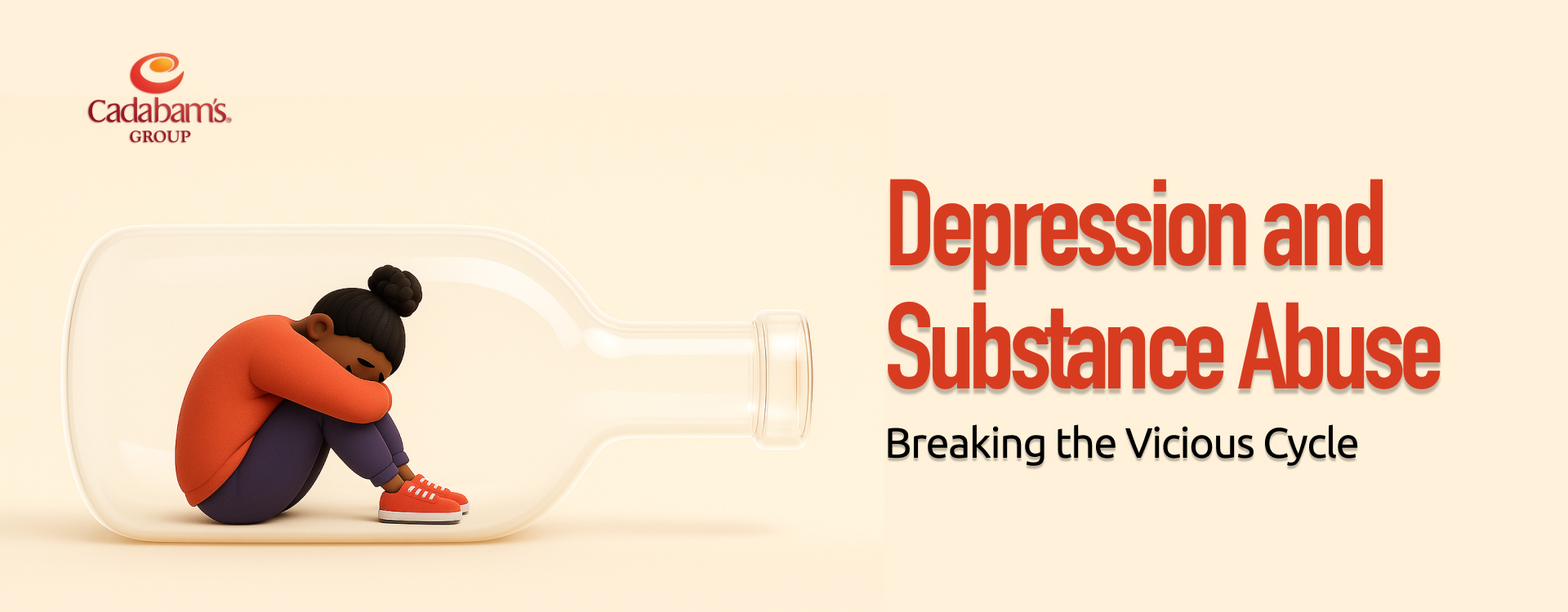There are so many things on the internet that convey “11 reasons why..” or “15 reasons why..” will help you, yet no one sees how a person whose professional life comes into play here suffers from the very same reasons.
So how does one account for an accumulation of the dopamine factor here when an entire career is based on the same? How does one factor in how and when these levels can increase, decrease, or sometimes just not help or be a factor in one’s mental being?
Is there a comprehensive model set for athletes to follow for their dopamine levels to generate what they want to be and how they want to feel?
“Many of the general and athlete-specific risk factors for mental ill-health are potentially modifiable (e.g. coping strategies, coaching style, training demands) and require intervention at the individual athlete, the sporting or environmental and/or organizational levels. A comprehensive framework for athlete mental health that is conceptualized within the broader ‘ecology’ of elite sporting environments will be best able to respond to the range of risk indicators in this context.”
The mental health of sporting superstars: Micro-systems and macro-systems of athletes
The athlete of course has a whole Micro and Macro world of their own, the reason why they are here, the choices that have summed up to this and so much more.
Similarly, their careers have a micro and a macro map that is made of different compartments Where the micro space and system are their cheerleaders, their navigators, their personal medicine space, and staff, to protect them and nurture their growth.
The macro space consists of people who are present outside just witnessing their journey, the public, social media, and a lot more factors that come into play that are interlinked with their careers.
“Any mental health framework that ignores wider ecological factors runs the risk of focusing exclusively on, and potentially pathologizing the individual athlete, when other factors may be more influential in contributing to, or perpetuating poor mental health. Such factors may include maladaptive relationships with coaches or parents, social media abuse, and/or financial pressures.”
On your mark: Increased scrutiny every single moment
Everyone is on the edge, on the mark, these days. Modern life is full of challenges and pressures and sometimes it’s hard to navigate how life can be for athletes.
“The nature of the competitive sport has changed over the years,” he says. “Social media, global television coverage, and in some sports, enormous financial benefits, all play a role in increasing perceived pressure for modern competitors. However, mental health has always been an issue just perhaps not a recognized one, and the negative impact of the negative effects of sports on mental health. When we look back, we can identify sports people who have suffered in this area over the years and received little support.”
The core point of this is, that athletes being immune to physical activity doesn’t mean they cannot face symptoms of depression and anxiety, and so on. The main factor to be noted here is how less it is factored in most conversations about sports.
Get-Set: Nobody is immune to mental illness, take precautions.
“Mental illnesses are as prevalent among elite athletes as in the general population. Despite this, there is little research examining how to enhance mental health literacy or helping behaviors in elite sports environments. A Mental Health in Sport (MHS) workshop was therefore developed and its effects on mental health literacy and confidence were studied by 166 coaches and support staff working with elite athletes and teams in Australia. Results indicated that participants increased their knowledge of the signs and symptoms of common mental illnesses and were more confident in helping someone who may be experiencing a mental health problem. We conclude that even a very brief intervention can be effective in improving the mental health literacy and confidence of key persons in elite sport environments, and may promote early intervention and timely referral of elite athletes with mental health concerns to appropriate professionals.”
The above case study shows how we need to GET SET on the intervention of different models on how the importance of mental health can be under the key radar for athletes. Such research parameters show there can be innovation through various models where psychologists can join hands with sports to create an ecosystem where athletes don’t have to practice in such isolation but rather would create an ecosystem of support and healthy competition to exacerbate the positive effects of sports on mental health.
Go: Preventive and promotive mental healthcare is the way forward
“With young adults, especially college athletes, the statistics are startling: 33% of all college students experience significant symptoms of depression, anxiety, or other mental health conditions. Among that group, 30% seek help. But of college athletes with mental health conditions, only 10% do. Among professional athletes, data shows that up to 35% of elite athletes suffer from a mental health crisis that may manifest as stress, eating disorders, burnout, or depression and anxiety. We’re inspired by athletes such as Olympic swimmer Michael Phelps, USC Volleyball player Victoria Garrick, NBA player Kevin Love and those who are telling their stories and inspiring others to seek help to support the cause and seek mental health intervention programs for sportspersons.”
Innovative worksheets like this may help (not clinically proven); whereas researched and suggested. Although these tasks may seem like an additional weight to add to the kind of situations we read about in the above section, activities like these in person that suggest the athletes not practice and succumb in isolation may help them thrive in a highly competitive environment and may create a healthy ecosystem.
.webp)
.jpg)






